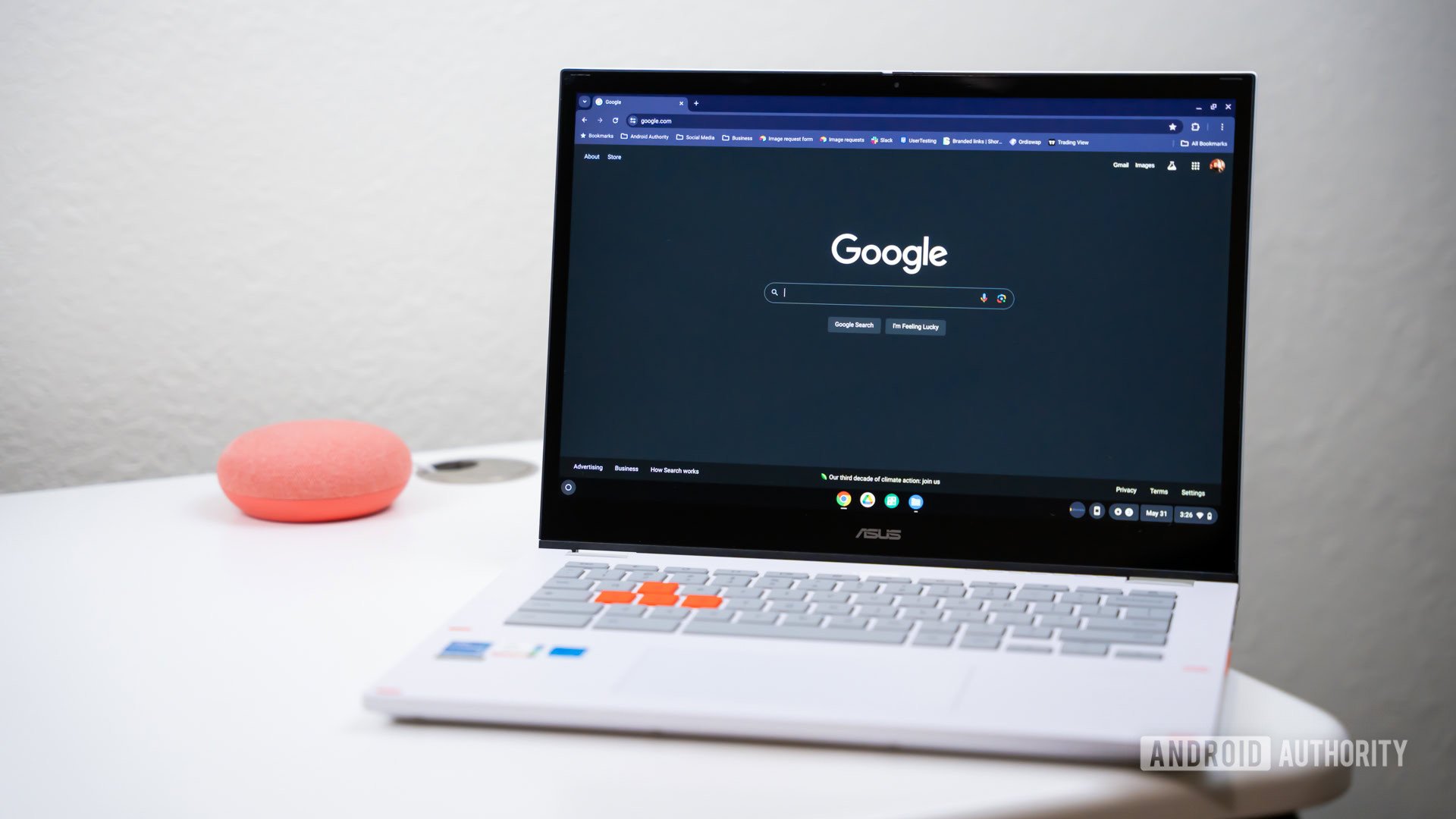- cross-posted to:
- google@lemmy.world
- cross-posted to:
- google@lemmy.world
cross-posted from: https://lemmy.world/post/22174477
A source within Google has told Android Authority that Google plans to basically turn Chrome OS into Android.
That’s a lot of words to say “google killing chrome os”
And then it will catch on and Google will abandon it.
*And then it will catch on fire and Google will abandon it.
Finally. ChromeOS has always been a dumb idea. Making an entire OS just to use sluggish web apps in Chrome. Who thought of that? As if Android could not do web apps. Then, years later, ChromeOS got “native” apps, in quotation marks because those were just Android apps. So a whole dedicated OS, just to launch Android apps in a compatibility layer. Some additional years later, ChromeOS got “native” games via Steam. Again, quotation marks, because those run in a Debian-based container.
Samsung DeX shows since many years that a Android with a desktop UI is a possibility.
Samsung DeX shows since many years that a Android with a desktop UI is a possibility.
DeX is infuriating. It’s forever almost good enough to fulfill its promise of being a truly mobile desktop but somehow it’s never gotten there. The biggest problem now is that most android apps don’t present correctly in desktop mode, don’t behave intuitively, and / or look like ass.
DeX is infuriating. It’s forever almost good enough to fulfill its promise of being a truly mobile desktop but somehow it’s never gotten there.
So like ChromeOS? I wouldn’t say DeX is the greatest thing ever but whenever I get home from a stressful work day, sit down at my desk, and then realize that I left my backpack with the notebook at the door, I just plug the next best thing into my USB C dock and sometimes that’s my phone. Heck, I even did image editing with Krita from F-Droid once (the Android port has not been updated in years and is alpha quality, so the experience was bad but that’s on the Krita port not Android/DeX itself).
The biggest problem now is that most android apps don’t present correctly in desktop mode, don’t behave intuitively, and / or look like ass.
The quality of Android apps in desktop mode isn’t really dependent on whether they run on ChromeOS or DeX. If anything, the division in OS strategy into three operating systems at Google (don’t forget Fuchsia), caused needless developer fragmentation from both 3rd parties but also within Google.
I hope they don’t change the architecture of the machines too much. A lot of them seem like decently priced Linux machines with some tweaking.
I always love that all of them charge via USB type C, which is still not a standard for Windows laptops.
I just can’t get around that stupid AI key that should be the caps lock. Also hate that the computer turns on when you open the lid and no way to turn that feature off.
No they are doing it because they are going to be forced to sell Chrome, and they don’t want to lose Chromebooks
Tbh they should just turn it into a google Linux distro, IMO just bundle Gnome with it and add flatpak support
Does that mean we’ll start seeing desktop apps like IDEs running in Android? How are you going to develop python on android? A linux container / VM? That’s going to be so wasteful. But I am curious.
It won’t be good for flashing though. Probably once support ends, it’ll be a slow brick upon which one can’t install linux.
Does that mean we’ll start seeing desktop apps like IDEs running in Android? How are you going to develop python on android? A linux container / VM?
Non-web applications on ChromeOS already run in containers. Developer mode (or however ChromeOS calls it) is just installing Debian in an LXC container.
That’s going to be so wasteful.
Have you ever tried browsing the web using Chrome? THAT’S wasteful on resources. A command line-only container for Python development is nothing by comparison.
You have been able to do this on Android for a while using Termux, Proot Distro and VSCode Server. I even did it once to host two Angular Frontends on Android to free up Memory form my main latop running the backend.







